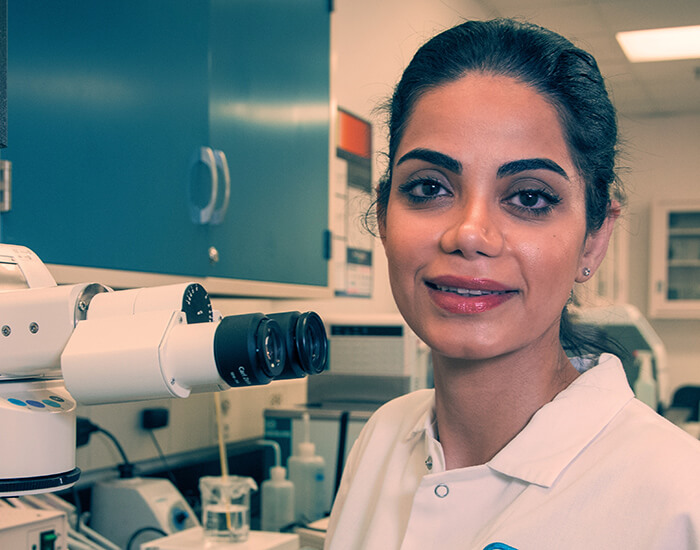KGI's Kiana Aran talks about the first products in quality control for CRISPR gene-editing, and how she expects the CRISPR-Chip soon to revolutionize biology. The article, "The CRISPR-Chip can optimise your Cas, diagnose COVID19 and change our world" was first published in CRISPR Medicine New on July 7, 2020.
"It's no wonder the CRISPR-Chip made the cover of Nature Biomedical Engineering and became the most read publication in 2019. The chip integrates three of the greatest inventions in our times - the transistor, graphene, and CRISPR - into a super-sensitive graphene-based CRISPR-powered transistor for fast detection of heritable disease variants as well as infectious diseases like COVID19.
The potential for applications is vast, and now the first CRISPR-chip product is near launch. It is a quality control (QC) set-up using robots for quickly validating CRISPR-Cas complexes - a process that usually takes several time-consuming steps.
"With our chip, you can do that significantly faster - in a matter of minutes. It provides a tool for replacing those lengthy electrophoresis gels if biologists are willing to switch from gels to electronics. Which is the most difficult part," says Kiana Aran, who invented the CRISPR-Chip. The Iranian-born electrical and bioengineer is co-founder of Cardea Bio and assistant professor at the Keck Graduate Institute (KGI), a member of The Claremont Colleges."
To read the full article, click here.
